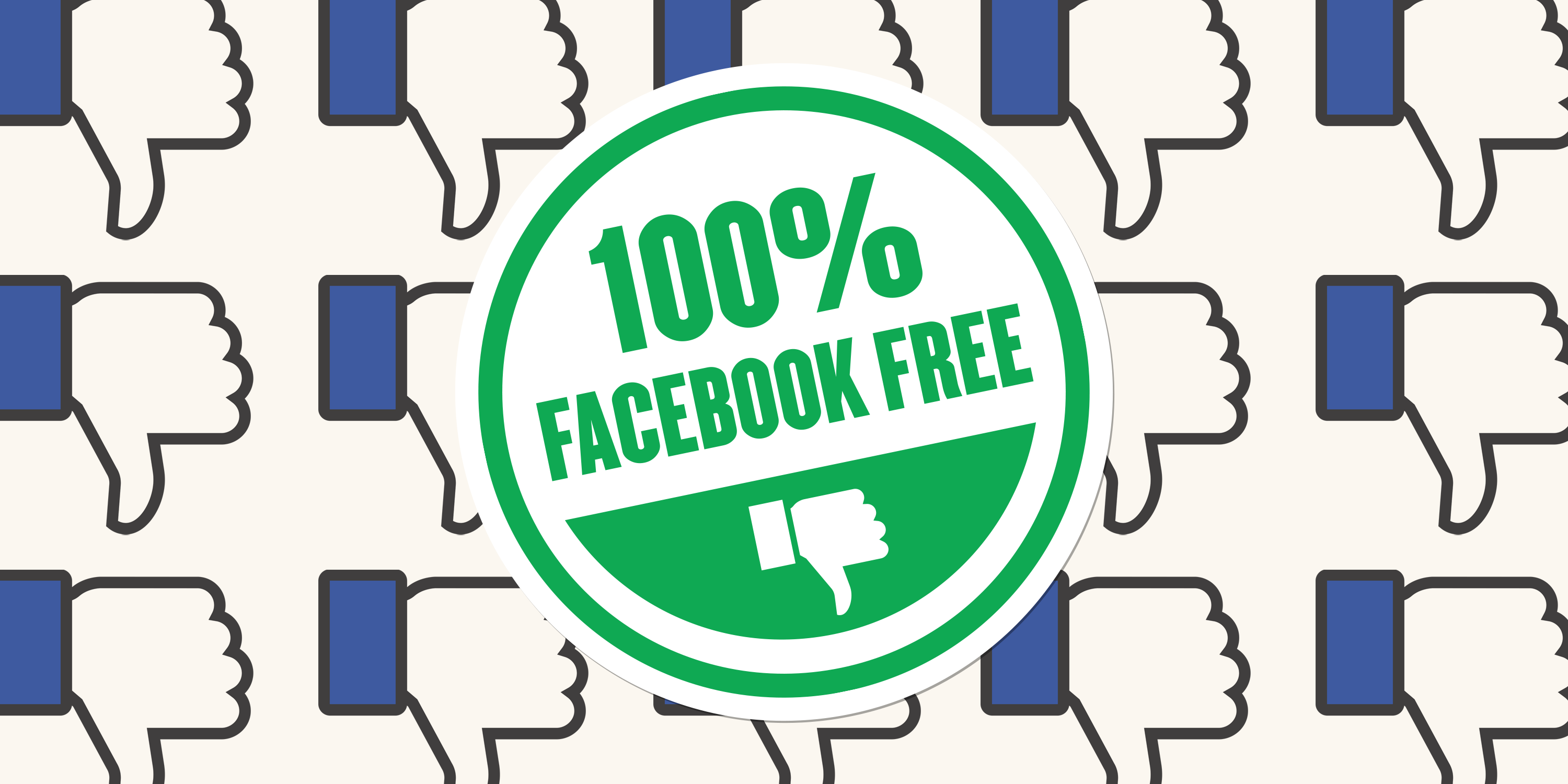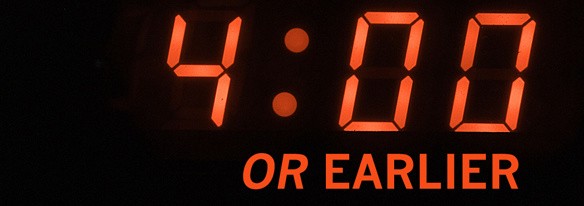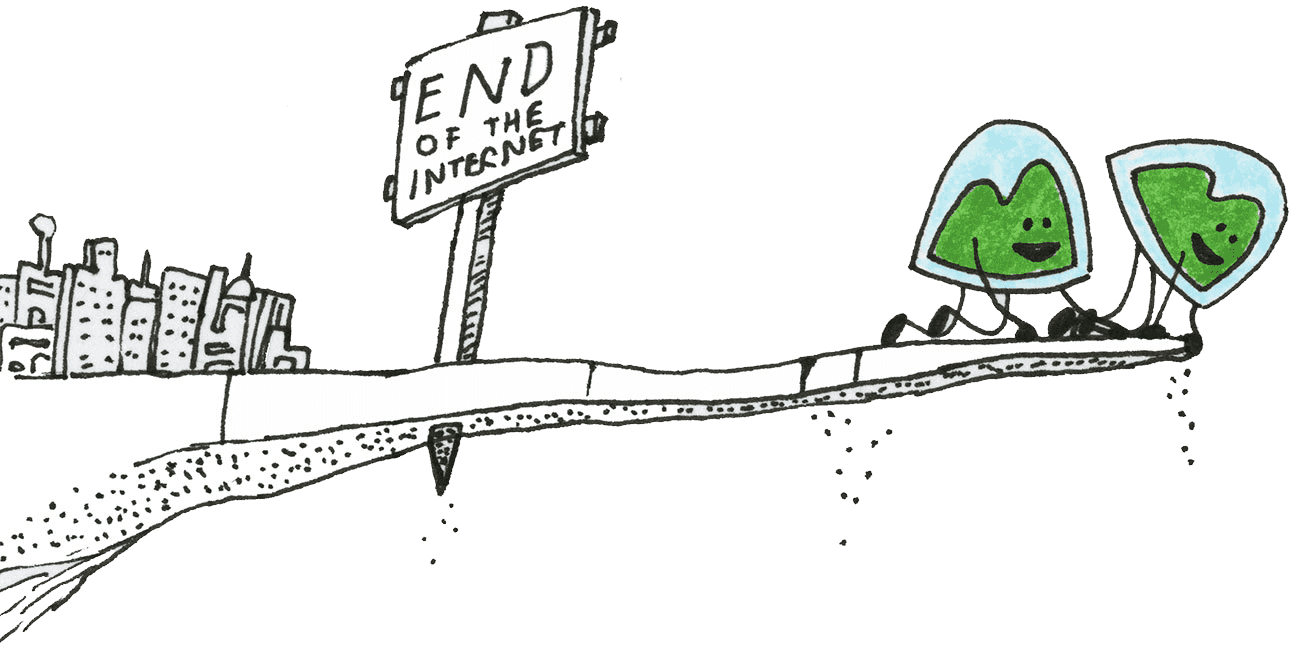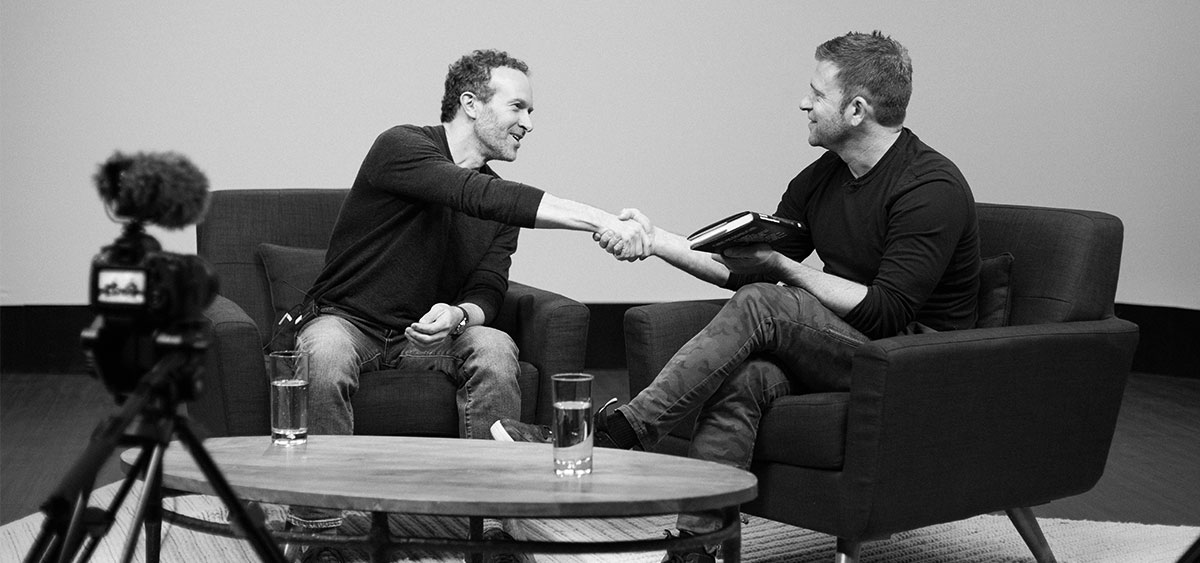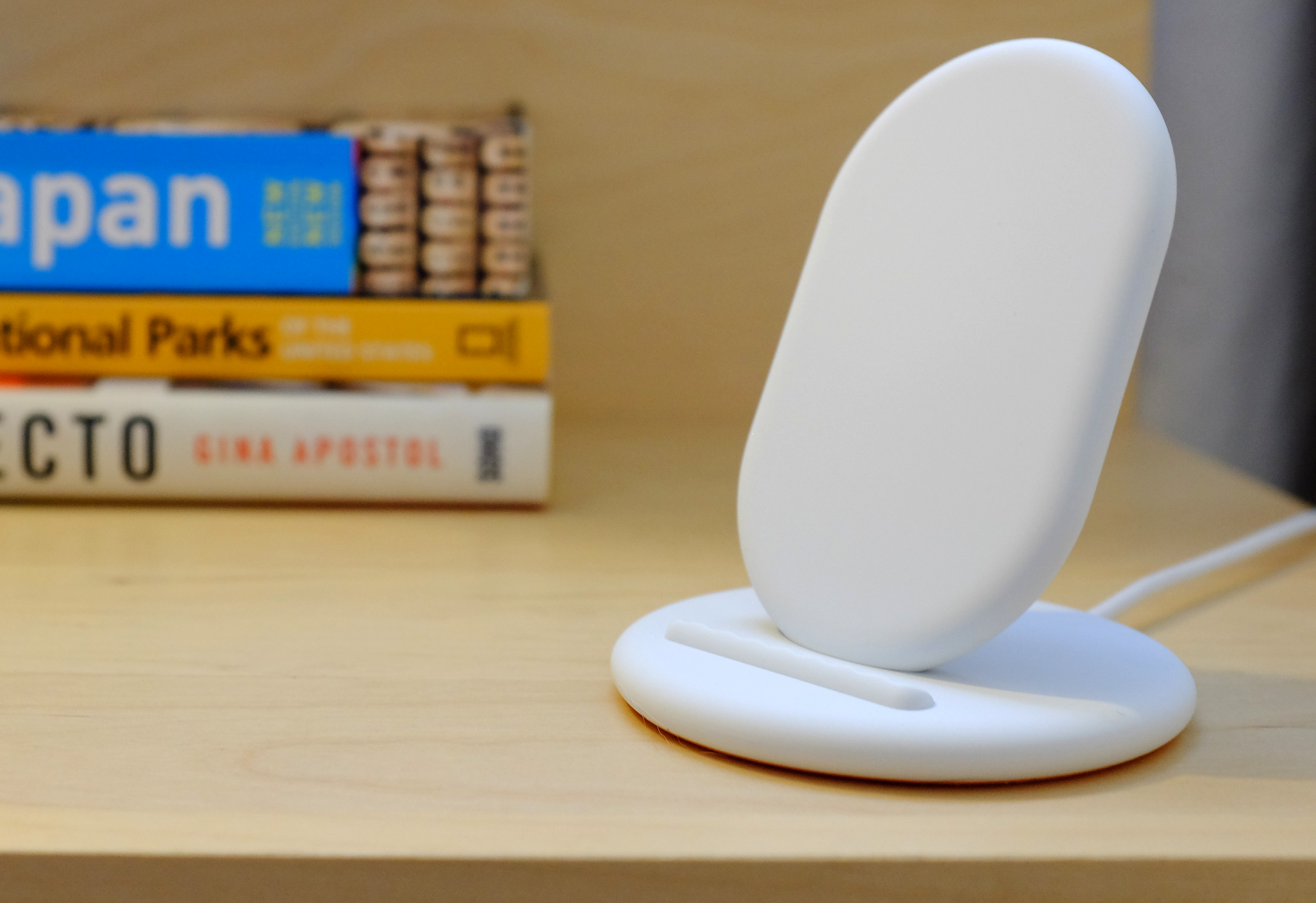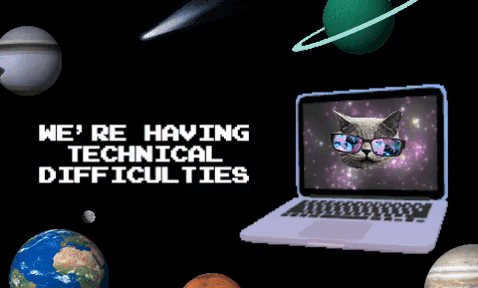For the last decade or so, I’ve been on a number of boards, consulted with a number of entrepreneurs, and have been both formally and informally involved in helping a number of young companies find their way.
Many young companies I’ve seen have one thing in common: They can’t wait to grow up. They desperately want to be taken seriously by others. They want to be perceived as sophisticated, as having it all figured out.
This is where they begin to get into trouble. As they technically begin to be able to do more things, it’s the things they can no longer do that turn out to be the big losses.
Take company size, for example. One way to be taken seriously is to hire more people. As a whole, bigger companies are taken more seriously than small companies. Thing is, small has major practical advantages over large. Small companies can do both small and big things. Big companies can not do small things. Once you get to a certain size, you can no longer do the small things. When you’re big, every initiative turns big, like it or not. Except the small things are often all that’s necessary.
Take “systems”, for example. I’ve seen a number of small companies jump into big sophisticated content management, inventory management, e-commerce management platforms. Buying into something the big guys use helps a small company feel like they’ve arrived. Now they’re ready to scale! But now all the sudden they can no longer do the things they need to do. Trying a quick idea they used to be able to just whip up becomes a wrestling match with the new system that prefers you do things the more complicated way. Now “let’s just try that” becomes “when can we schedule a time to figure out how we can try that?”
The other thing that’s lost in transition from small to big are instincts. I’ve seen companies paralyzed by ideas they can’t seem to implement anymore. They could still do things they same way they used to, but they can’t think that way anymore. For example, a small company that would have just spent a couple hours sending out 50 hand-written emails to test a personalized selling campaign, is stuck for days or weeks trying to figure out how to get their new e-commerce platform to automate the same thing. They could still just pick the customers and write the emails by hand, but they’re forgotten how to think about doing it that way. Once you have something in place that’s supposed to be able to do that work for you, you lose flexibility, your mind and muscles atrophy. You cease to be able to be scrappy.
Scrappy is a mindset, and the skills are lossy — once they’re gone, you can never recreate them the same way again. Being scrappy is easier the smaller you are, the younger you are, and the fewer options you have. Hang on to it for as long as possible! Don’t be in a rush to abandon such critical survival instincts.
It happens to all growing companies. We’ve certainly lost our fair share of scrappiness as well. My suggestion: Resist the allure of large — there’s very little payback, especially if you artificially get there before you’re really ready. Be aware — and beware — of the things you give up too early and never get back.
